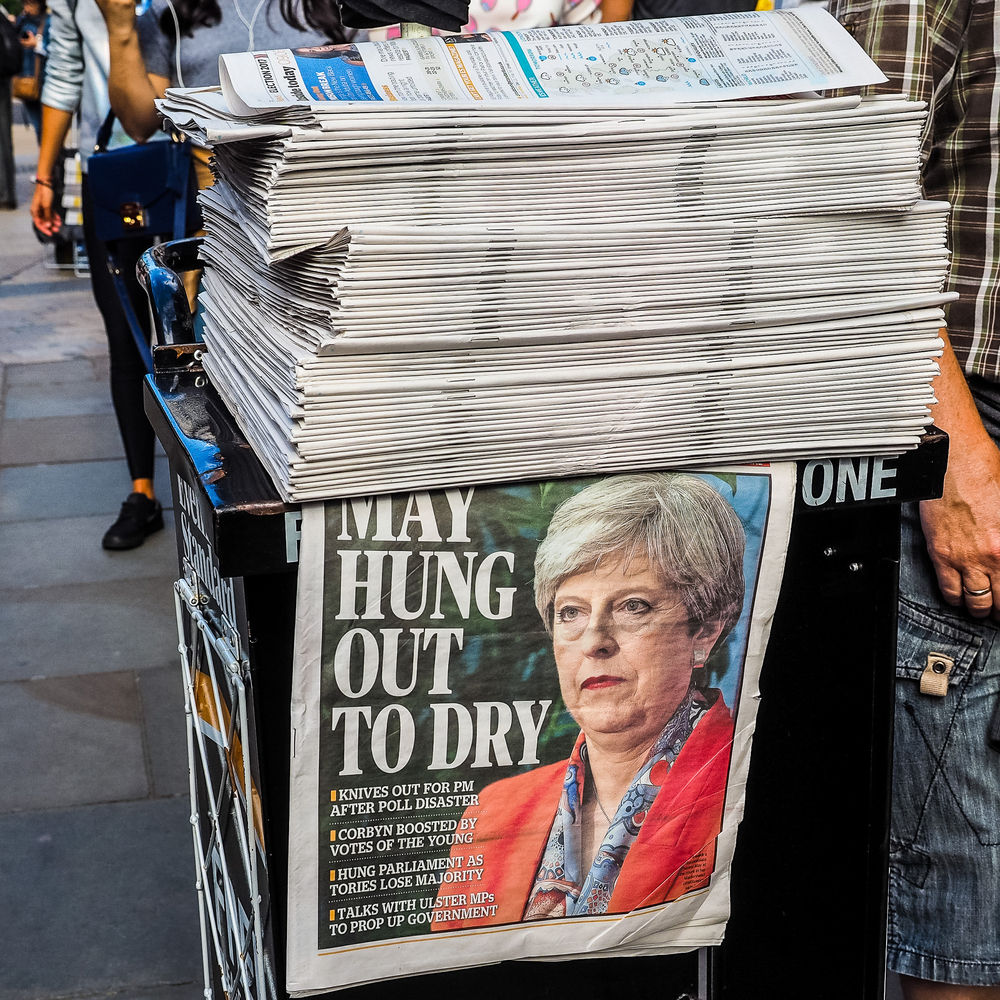Top 5 highlights of 2017
2017 had no shortage of excitement– with two Budgets, a snap general election and ongoing Brexit negotiations. Here we round up the top 5 highlights of the year
2017 had no shortage of excitement– with two Budgets, a snap general election and ongoing Brexit negotiations. Here we round up the top 5 highlights of the year

It’s been a busy year for Chancellor Philip Hammond, delivering two budgets under the continual strain of Brexit.
First was the Spring Budget in March, of which many measures will come into force in the new year.
The most memorable component of the Budget was perhaps the abortive measure to raise Class 4 NICs for the self-employed by 1% to 10% in 2018, intended to better align the tax system with the emerging gig economy. Following intense public backlash, the Chancellor withdrew the measure.
Other highlights of the budget included the tax-free dividend allowance set to be reduced from £5,000 to £2,000 from April 2018, and business rate concessions for small businesses, pubs and local authorities.
On 29 March the government triggered Article 50, officially starting the clock for Britain’s departure from the EU. Speaking in the House of Commons minutes after, prime minister Theresa May said that it was a “historic moment from which there can be no turning back”.
From this date the two-year negotiation period for Brexit began, and has continued to dominate headlines ever since.
In December, the government was finally able to agree with Brussels on the first stage of negotiations, which covered the rights of EU citizens, the Irish border and the divorce bill. Trade talks are expected to begin in the new year.
Another major event of 2017 was the surprise general election called by the prime minister, leading to a hung parliament following the Conservative party losing their majority and having to strike a deal with the DUP.
The Conservative and Labour manifestos offered economic policies that were poles apart, with the former proposing low levels of spending, tax and borrowing, and the latter promising a much bigger state. Labour made unexpected gains in the election, much to the prime minister’s chagrin.
The Tories’ decreased mandate impacted their solidity in Brexit negotiations, and also forced the weakened party to drop many measures from their manifesto in the Queen’s speech.
The Paradise Papers was one of the biggest data leaks in history, second only to the Panama Papers, and dominated headlines and conversations in 2017.
Like its predecessor, the Paradise Papers shone a light on the tax affairs of the world’s most rich and powerful, exposing their use of labyrinthine artificial structures to shelter their wealth in offshore tax havens.
At the heart of the leak was law firm Appleby, who firmly denied any wrongdoing or illegal behaviour, stressing they advise clients on “legitimate and lawful ways to conduct their business”.
While not illegal, the spotlighting of these activities sparked a global conversation about structures that permit tax avoidance and increased pressure on the government to clampdown on improper tax behaviour.
In November the Chancellor delivered the hotly anticipated Autumn Budget. While the Budget did not hold many surprises, the measure that received the most attention was the abolishment of stamp duty tax for first time house buyers purchasing properties up to £300,000.
On business rates, Hammond said he would bring forward the planned switch from RPI to CPI to April 2018 rather than in 2020 as originally planned.
Other key measures to encourage innovation in the economy included a pledge to invest £3.2bn into research and development, an increase in the main R&D tax credit to 12% and £500m on a range of initiatives including artificial intelligence, 5G and full-fibre broadband.
The Chancellor also promised to crackdown tax avoidance and evasion, particularly tackling multinationals.